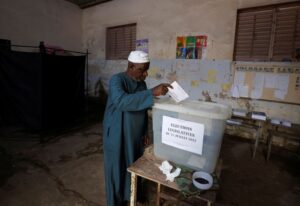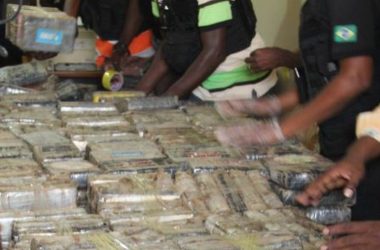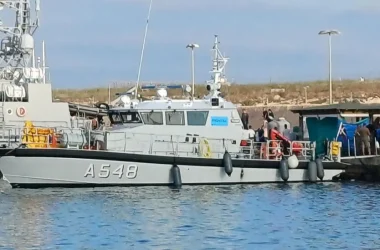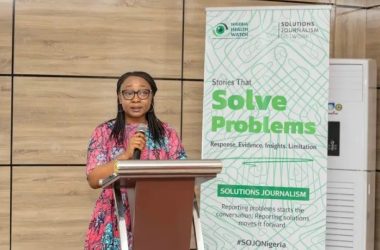
Senegal was counting votes on Sunday from a a legislative election that saw President Macky Sall’s ruling party face an opposition energised by food price hikes and fears Sall could run for a controversial third term in 2024.
Around seven million voters were eligible, but turnout appeared to be low at only 22% around midday.
Results are expected on Monday.
The political backdrop in the country of 17.5 million, considered among West Africa’s most stable democracies, has become increasingly acrimonious, fuelled in part by Sall’s refusal to rule out breaching term limits. read more
Violent protests erupted last year after Sall’s main opponent, Ousmane Sonko, was arrested on rape charges. Sonko, who came third in the last presidential election in 2019, denies the allegations and says they are politically motivated.
Violent protests broke out again last month after the main opposition coalition’s primary list of parliamentary candidates, which included Sonko, was disqualified on technical grounds. As a result, the coalition’s backup list – consisting mostly of relative unknowns – will be on the ballot. read more
The coalition, which formed an alliance with another led by 96-year-old former President Abdoulaye Wade, is hoping to build on gains the opposition made during the January municipal election when they won control of Senegal’s major cities.
Turnout, which was 53% in 2017, is crucial if the opposition hopes to win enough seats to challenge Sall’s ambitions.
“Senegalese do not vote much in local and legislative elections, they tend to think that everything is decided in the presidential election,” Sonko said after voting.
THIRD TERM AMBITION?
Sall’s ruling Benno Bokk Yakaar coalition is trying to conserve its majority of more than three-quarters of the parliament’s 165 seats.
“I’m confident that like in the past, voters will decide in all transparency,” Sall said after voting.
Sixty-year-old Sall swept to power in 2012 removing Wade, and was elected again in 2019. He has campaigned on big-ticket construction projects such as a high-speed train line and a conference centre, as well as oil and gas production.
His opponents have seized on growing frustrations with economic hardship caused by the coronavirus pandemic and rising fuel and food prices.
Sall’s refusal to publicly rule out a candidacy in 2024 has stoked fears he will follow in the footsteps of Ivory Coast President Alassane Ouattara and former Guinea President Alpha Conde. Both men stood for – and won – third terms in 2020 by arguing that new constitutions had reset their two-term limits.
Senegal adopted constitutional revisions, which among other things reduced presidential terms from seven to five years, in 2016. Sall has declined to comment on his intentions for 2024.
Writing by Aaron Ross and Bate Felix; Editing by Christina Fincher, Hugh Lawson and Andrew Cawthorne
(Reuters)




